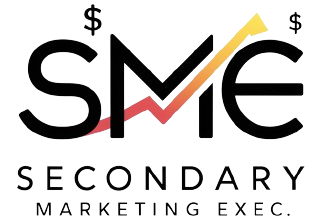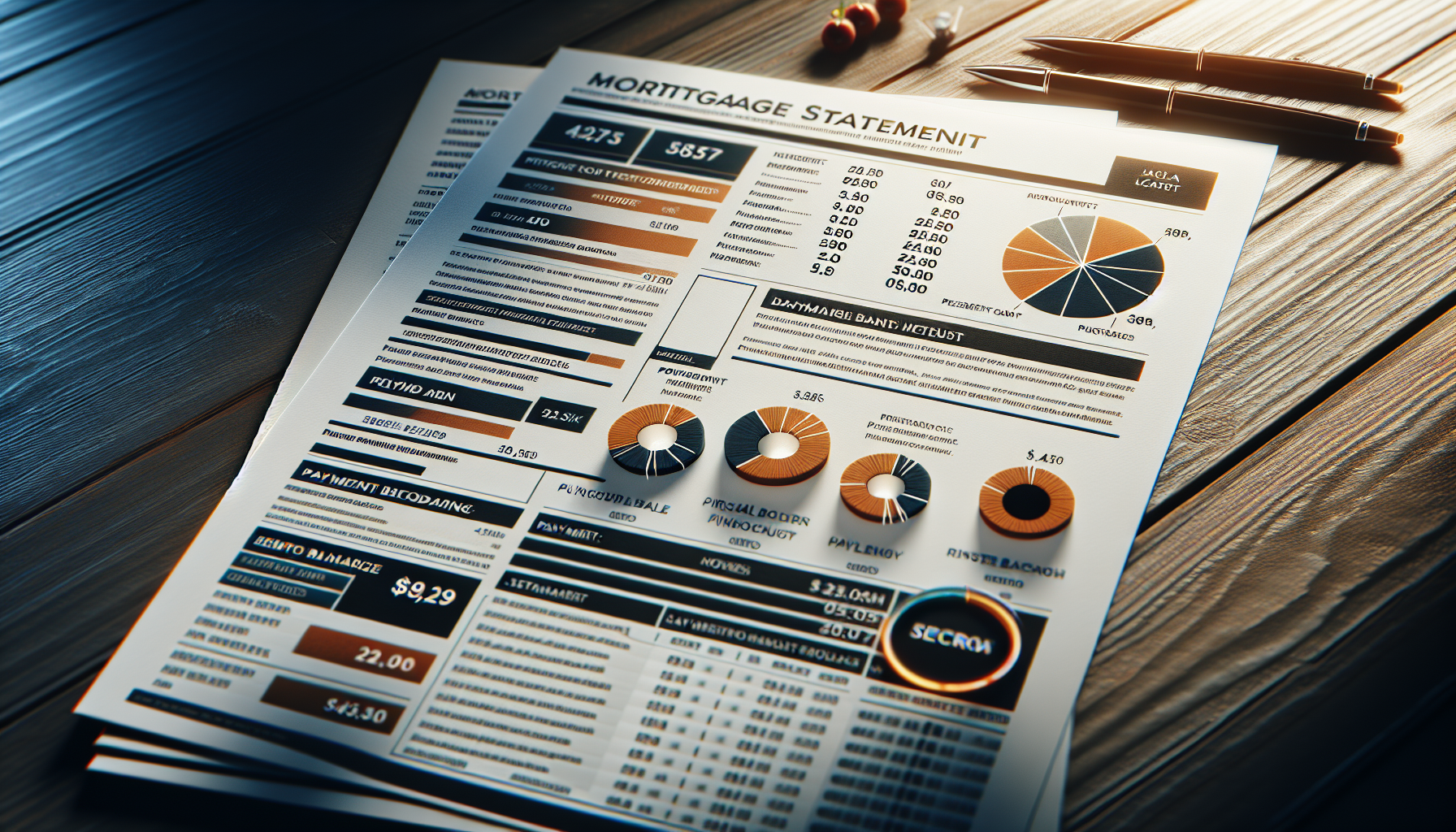Buying a home is one of the most significant financial decisions a person can make. For many people, taking out a mortgage is the only way to make this dream a reality. A mortgage is a loan that allows you to borrow money from a lender to purchase a home, with the property serving as collateral. However, not everyone needs a mortgage to buy a house. In this article, we’ll explore the factors that influence the need for a mortgage and the common situations where people are most likely to require one.
Factors that Influence the Need for a Mortgage
Insufficient Funds for Outright Purchase
One of the primary reasons people need to take out a mortgage when buying a house is that they don’t have enough money to purchase the property outright. Homes are expensive, and most people don’t have hundreds of thousands of dollars in cash to buy a house. Instead, they rely on home financing options, such as mortgages, to make the purchase possible.
The amount of money required for a down payment can also influence whether a person needs a mortgage. Down payments are a percentage of the home’s purchase price that buyers must pay upfront. The higher the down payment, the less money a person needs to borrow through a mortgage. However, saving for a substantial down payment can be challenging, especially for first-time homebuyers.
Credit Score and Debt-to-Income Ratio
Another factor that can influence whether a person needs a mortgage is their credit score. Lenders use credit scores to assess a borrower’s creditworthiness and determine the likelihood of them repaying the loan. People with higher credit scores are more likely to be approved for a mortgage and may receive better interest rates.
In addition to credit scores, lenders also consider a person’s debt-to-income ratio when evaluating their mortgage application. This ratio compares a person’s monthly debt payments to their monthly income. Lenders prefer borrowers with lower debt-to-income ratios, as it indicates they have more disposable income to make their mortgage payments.
Common Situations Requiring a Mortgage
First-Time Homebuyers
First-time homebuyers are among the most likely groups to need a mortgage when buying a house. These individuals often have limited savings and may not have enough money for a substantial down payment. Additionally, they may not have a long credit history, which can make it more challenging to secure a mortgage.
To help first-time homebuyers, there are various government-backed mortgage programs, such as FHA loans, that offer lower down payment requirements and more lenient credit score standards. These programs can make homeownership more accessible to people who might otherwise struggle to qualify for a conventional mortgage.
Upgrading to a Larger or More Expensive Home
Another common situation where people may need a mortgage is when they are upgrading to a larger or more expensive home. Even if a person has built up equity in their current home, they may still need to take out a mortgage to cover the difference in price between their current property and the new one.
In some cases, people may be able to use the proceeds from the sale of their current home as a down payment on the new property, reducing the amount they need to borrow through a mortgage. However, if they are moving to a significantly more expensive area or buying a much larger home, they may still need to rely on a mortgage to make the purchase possible.
Mortgage Loan Types and Their Requirements
Conventional Loans
Conventional loans are mortgages that are not backed by the government. These loans typically require a higher down payment and a better credit score than government-backed mortgages. Additionally, borrowers with a down payment of less than 20% may need to pay private mortgage insurance (PMI), which protects the lender in case of default.
| Conventional Loan Requirements | Details |
|---|---|
| Down Payment | Typically 5% or more |
| Credit Score | 620 or higher |
| PMI | Required with less than 20% down payment |
Government-Backed Loans (FHA, VA, USDA)
Government-backed mortgages are insured or guaranteed by federal agencies. These loans generally have more flexible requirements, making them attractive to borrowers who may not qualify for conventional loans. The main government-backed mortgage programs are:
- FHA loans: Insured by the Federal Housing Administration, these loans allow for lower down payments and credit scores.
- VA loans: Guaranteed by the Department of Veterans Affairs, these loans are available to eligible veterans, active-duty service members, and their surviving spouses.
- USDA loans: Backed by the U.S. Department of Agriculture, these loans are for properties in designated rural areas and have no down payment requirement.
Each government-backed mortgage has unique requirements and benefits, so it’s essential for borrowers to research their options carefully.
Preparing for a Mortgage Application
Getting Preapproved for a Mortgage
Before starting the home buying process, it’s wise to get preapproved for a mortgage. Mortgage preapproval involves submitting financial documentation to a lender, who will then assess your creditworthiness and provide an estimate of how much they are willing to lend you. This preapproval can help guide your home search and demonstrate to sellers that you are a serious buyer.
To get preapproved, you’ll typically need to provide the following information to a loan officer:
- Proof of income (pay stubs, W-2s, tax returns)
- Bank statements
- Asset documentation
- Identification documents
- Credit report authorization
Improving Your Financial Standing
If you’re planning to apply for a mortgage in the near future, there are steps you can take to improve your chances of approval and secure better loan terms. One of the most important factors is your credit score. Higher credit scores generally result in lower interest rates and more favorable loan terms.
To improve your credit score, focus on paying your bills on time, reducing your credit utilization, and disputing any errors on your credit report. Additionally, work on lowering your debt-to-income ratio by paying down existing debts and avoiding taking on new debt before applying for a mortgage.
Finally, saving for a larger down payment can improve your mortgage approval odds and reduce your monthly mortgage payments. The more money you can put down upfront, the less you’ll need to borrow and the more attractive you’ll be to lenders.
| Financial Factor | Improvement Tips |
|---|---|
| Credit Score |
|
| Debt-to-Income Ratio |
|
| Down Payment |
|
In conclusion, people are most likely to need a mortgage when they are buying a house and don’t have sufficient funds to cover the entire purchase price. Factors such as credit scores, debt-to-income ratios, and down payment amounts can also influence the need for a mortgage. By understanding the common situations requiring a mortgage, familiarizing themselves with different loan types, and taking steps to improve their financial standing, prospective homebuyers can navigate the mortgage process more confidently and successfully.
See also:
- For which buyer would a lender most likely approve a $200,000 mortgage? – Guide
- How Many People Can Be on a Mortgage? | YourWebsiteName
- What Is A Purchase-Money Mortgage? – Definition, Types, Benefits
- How to Put House in Trust with Mortgage – Step by Step Guide
- Who Has the Deed to My House If I Have a Mortgage








Leave a Reply